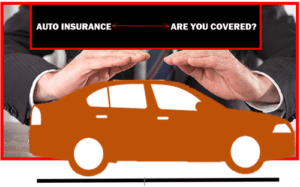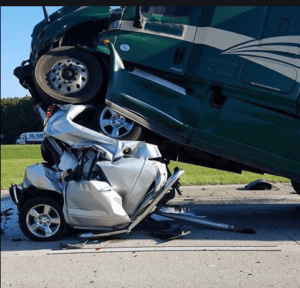Happy 4th of July! If you’re celebrating the holiday with a family road trip, plan to share the road with about 43.6 million other Americans who are expected to travel between July 1 and 5. Roads will be packed, in part, because many travelers are still avoiding other transportation options, which are more crowded and come with COVID-19 restrictions like mask mandates. This is the highest travel record for this holiday and 5% more than the previous record set in 2019.*
Before you start your trip, follow these safety guidelines from the NHTSA (National Highway Transportation and Safety Administration) for traveling this 4th of July holiday.
1. Have your vehicle serviced and complete a vehicle safety list by checking the following:
- Battery
- Lights
- Cooling system
- Fluid level
- Belts & hoses
- Wiper blades.
- Tires
2. Stock your Vehicle. NHTSA suggests having an emergency roadside kit to include:
- Cell phone and charger
- First aid kit
- Flashlight
- Flares and a white flag
- Jumper cables
- Tire pressure gauge
- Jack for changing a tire, and ground mat
- Work gloves
- Basic repair tools and some duct tape
- Water and paper towels
- Extra windshield washer fluid
- Maps
3. Protect Yourself and Your Loved Ones
- Buckle Up. Every Trip. Every Time. Ensure that everyone else in your vehicle is buckled-up in age- and size-appropriate car seats, booster seats, or seat belts.
- Protect the Children When traveling with children, take every precaution to keep them safe.
- Remember that all children under age 13 should always ride properly buckled in the back seat.
- Make sure car seats and booster seats are properly installed and that any children riding with you are in the right seat for their ages and sizes. See NHTSA’s child passenger safety recommendations to find out how to select the right car seat for your child’s age and size. To learn more and find a free car seat inspection station near you, please visit the Child Car Seat Inspection Station Locator.
- Never leave your child unattended in or around your vehicle.
- Always remember to lock your vehicle and to keep your keys out of reach when exiting so children do not play or get trapped
Become familiar with your maps and directions. Check the weather, road conditions and traffic. And allow plenty of time to arrive safely at your destination.
Planning and prevention may take a little extra time before you travel but could spare you from dealing with the consequences of a breakdown or highway crash.
a Free Consultation



